This Christmas, a new series on Netflix, starring "Derry Girls" star Nicola Coughlan, is going to cause a sensation for a lot of reasons.
"Bridgerton, created by the famed writer and producer Shonda Rhimes, is a racy, interracial bodice ripper that takes us to Regency England to tell the story of a debutant and the marriage choice she must make between a dozen suitors. Cahir O'Doherty gives his verdict after watching the series.
When "Derry Girls" became an international smash it was thanks to the memorable work of the comedy series’ main actresses like Galway-born Nicola Coughlan, who plays the part of Clare, a closeted Derry school girl who decides to come out with a bang, thanks to her supportive friends and her own determination.
Coughlan returns to our virtual screens this week in the big-budget Netflix bodice ripper "Bridgerton," which is about to become the most talked-about show of the holidays.
Set in regency England, it's based on the best-selling romance novels by American writer Julia Quinn, which mixes elements of "Pride and Prejudice" with "Sex and the City" to tell a racy coming-of-age story that you may not want to watch in front of your parents, or not…you have been warned.
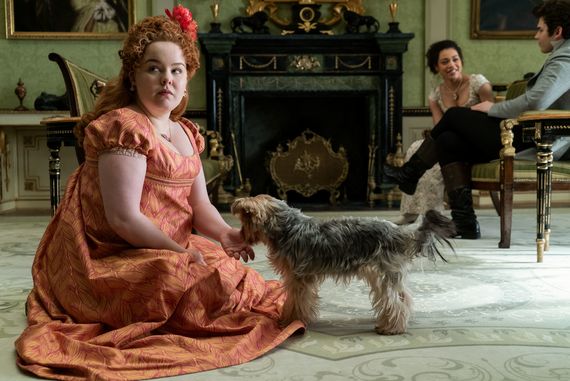
Nicola Coughlan of Derry Girls fame in Bridgerton
The series will debut on Netflix on Christmas Day, where it has been calculated to provide a diverting bit of escapist nonsense if you're feeling stuffed after too much dinner and dessert. To call the show lavish is an understatement -- it's so theatrically over the top from the opening scene that it wants you to gasp.
Read more
This is Georgian England as seen through a Disney princess filter. Everyone is rich, over-dressed, and preparing for the debutante season, and even the streets are theatrically perfect from the opening shot. Reality is kept far at bay in other words, and the only real question is who will dance with who at the ball, and what sort of love matches will be struck?
If this is your idea of fun, then "Bridgerton" already has your name on it. But if you find yourself wondering where the poor people behind all this finery are, or what happened to LGBT people, or if anyone here has ever heard of racial justice or equality for women, then you'll be five episodes in before you get anything even close to a half answer.
These questions have nothing to do with Coughlan, however. On-screen, she's terrific in every scene as a young woman who has set a cap for a suitor (one of the "Bridgerton" boys) who she feels may be completely out of her social range.
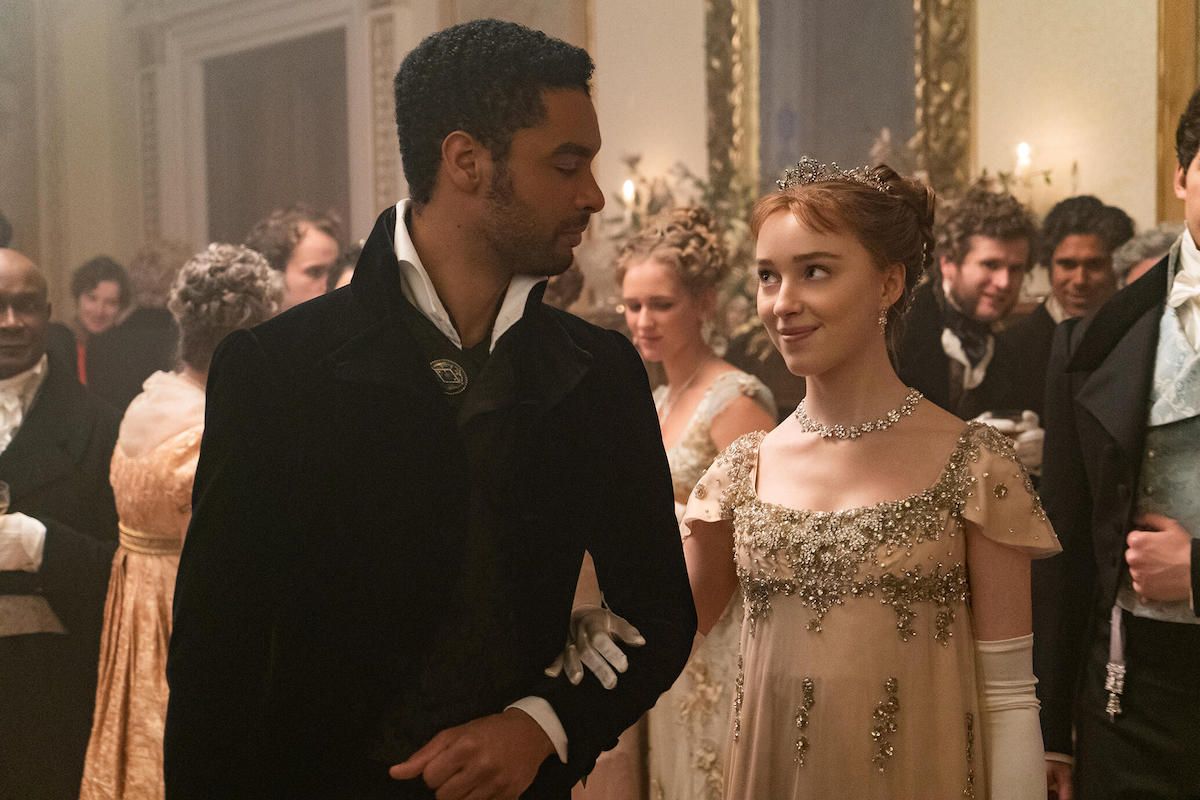
Rege-Jean Page and Phoebe Dynevor in Bridgerton.
Added to her troubles is the truly terrible ginger wig with little looping curls that the costume designer has affixed to Coughlan's head. Unrequited love is hard enough, but a copper top that even Shirley Temple would have balked at? And then forced into a canary yellow ball gown that could be seen from space?
Those considerable disadvantages make the audience root for her from the first scene. It's not Clare part two; it's a whole new level of social adversity.
In the same way that "Downton Abbey" had nothing to do with the grueling life of British servants from the late 1800s to the 1930s, Bridgerton has nothing to do with the actual lived experience of society women in the Georgian age. This isn't a cake so much as a soufflé, because if you take your eye off it or even look too closely it's liable to deflate or run.
What's also striking, after the eye-popping scenic design, is the interracial casting. Golda Rosheuvel plays the Queen of England (the real-life Queen Charlotte may have been black according to some historians) and the gifted actor Rege-Jean Page plays the show’s romantic lead Duke Simon Basset, in some welcome if strikingly a historic casting decisions that play out multiple times across the show.
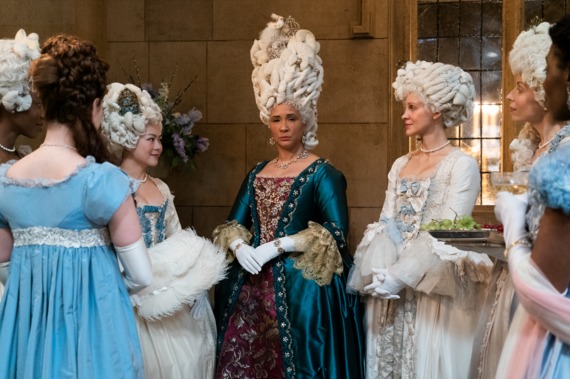
Golda Rosheuvel as Queen Charlotte in Bridgerton
So right off the bat, "Bridgerton" is clearly more fairytale romance than factual history. Casting actors whose race would likely have barred them from titled roles in Georgian England is entirely commendable and not entirely without precedent.
Jane Austen's last unfinished novel featured her first Black character, an heiress with a large fortune (exactly the sort of person who attracted Austen's gaze) but you may rubberneck at all the questions the show throws up.
Produced by Shonda Rhimes, her first series since she moved from ABC to Netflix in a multi-million dollar deal, the back story to how "Bridgerton" came to Netflix and the decision to give many of the plum roles to actors of color is a good story in itself, but being Irish and watching a show about the emerging British Empire, even one as unrealistic as this, is increasingly a bit of a cringe-fest.
Our country had just been formally stolen by the 1800 Act of Union and the international slave trade was a multimillion-pound industry of human servitude and debasement for decades after this show is set.
Because of the raw historic record, watching a black queen or a black romantic lead (and Page is note-perfect and dashing in the role) cut a dash through London at a time when people of color were still being bought and sold is quite an ask.
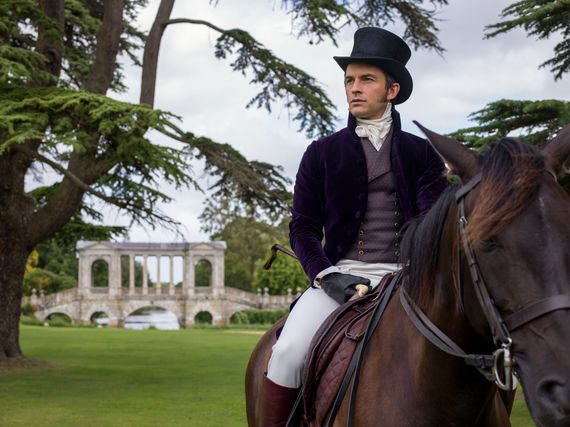
Jonathon Bailey as Anthony Bridgerton in "Bridgerton"
Playing lords and ladies in their fine frocks pursuing their romantic dreams is all very well, and even in many ways inspirational, but the British Empire was built on slavery, theft, exploitation, and murder, and it's disturbing in the extreme to undercut those historic facts with this frilly fiction.
Are we to accept that these characters just looked the other way when they saw others enslaved? Are they to be just as bad as the systems that oppressed their peers? It's, as they say in New York, a lot.
Added to all this the insular escapist nonsense is the legendary Julie Andrews, who plays the unseen voiceover part of the anonymous social diarist Lady Whistledown, who knows everyone and comments on their marital prospects and is avidly read by the entire London scene.
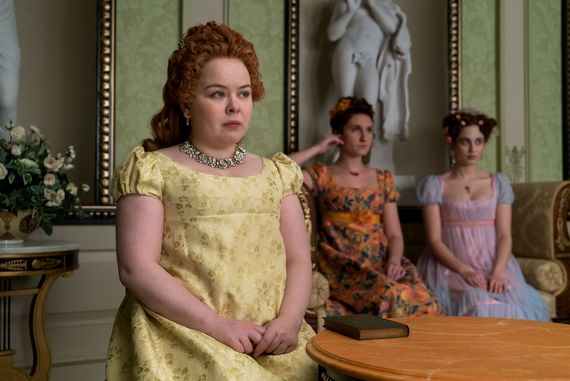
Nicola Coughlan of Derry Girls fame in Bridgerton
If feminism is your thing you will want to keep on moving right past "Bridgerton" because all it really concerns itself with is matchmaking. The men are shown to enjoy all the fruits of fortune including the after-dark debauchery, and the women simply pay the price because the game is stacked against them.
It's so anachronistic that it's a surprise that it's being produced or presented in 2020 without much pushback from the network or the romantic leads, even with Rhimes, famous for the network shows "Grey’s Anatomy" and "Scandal," in charge.
But if you don't care about history (or you want positive change in the present) then it's delightful to watch an interracial romance blossom between the two gorgeous leads who have enormous personal chemistry and serious acting chops. It's just rather hard to see all the romance without thinking about the reality -- if you're Irish, that is. I can't speak and I am not speaking for anyone else.
It's clear that a romance is being foreshadowed for Coughlan's delightful character Penelope for a later season (season two has already been confirmed), but she acquits herself handsomely now as a young woman who sees her one shot at happiness sailing off before she even has a chance to board. There's a melancholy beneath Coughlan's surface that is utterly convincing, and she's one of the most accomplished actors on the show.
Side note: the slave trade in England didn't end until 1833, when the British government spent 20 million pounds, at the time a staggering 40 percent of its budget, to buy freedom for the slaves. That’s equivalent to approximately 20 billion in today's money, giving you an idea of the profitability of the slave trade itself. In fact, the cost was so high and the loans the British government took out to fund it were so vast, that they only finally paid it off in 2015.
Records show that ancestors of former British Prime Ministers David Cameron and Winston Churchill all profited from these massive payouts, as did Prime Minister William Gladstone who made around 83 million in today’s money.
Something to think about between all those pretty frocks and romantic pursuits on Christmas Day. Or you could simply turn the TV off and read about the rise and fall of the British Empire, where you will learn there was a little more to the story than who married who.
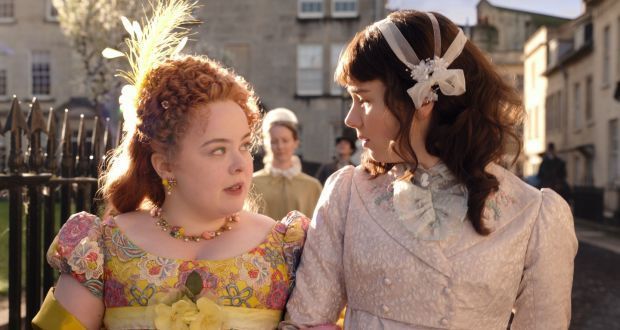
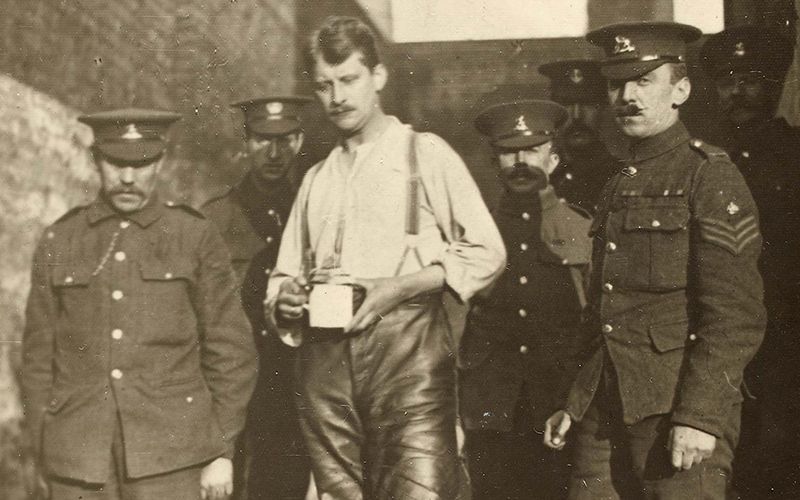


Comments